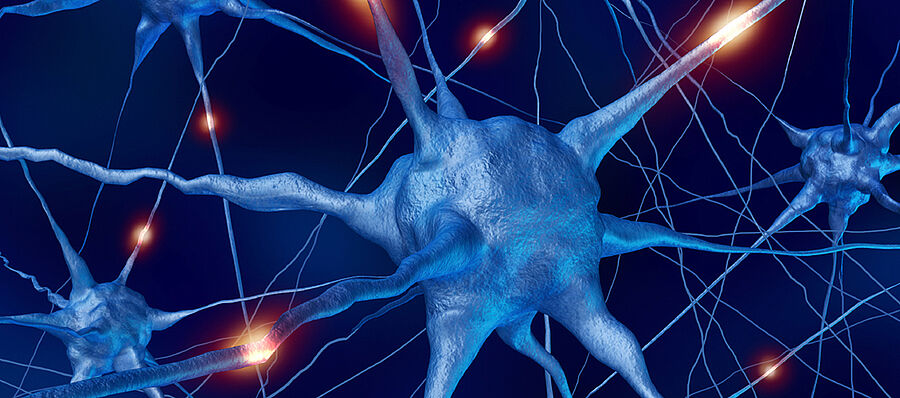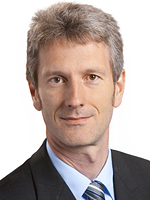With the detection of seizures “EpiScan” the AIT experts render possible a quick and automatic preliminary analysis of long-term EEG recordings during the epilepsy diagnostics. This leads to a significant reduction of time and expenses in the review process. Especially during the night this system allows an increase of detected seizures.
With the seizure detection “EpiScan”, a system for the detection of seizures has been developed at the AIT, which in combination with the EEG recording devices of the major manufactures improves the long-term observation with epilepsy diagnostics significantly. Simultaneously to the recording EpiScan analyses the data and alerts quickly and reliably in case of an occurring seizure. This helps to save time and money and to reduce the risk of an undetected seizure for the patient. In doing so the system adapts autonomously to new patients, so that no user interaction through the physician is necessary. Consequently developed based on the real requirements of an epilepsy observation unit and tested with more than 20.000 hours EEG data, the systems provide, online as well as offline, excellent detection rates with a very low false alarm rate.
“EpiScan” is today’s best-tested seizure detection. It is the first system, which is tested in the framework of prospective clinical studies in three big epilepsy centers in Austria and the Netherlands.
Reference installations
- Neurologisches Zentrum Rosenhügel, Prof. C. Baumgartner
- Allgemeines Krankenhaus Wien, Prof. E. Pataraia
- Epilepsiezentrum Kempenhaege, Dr. P. Ossenblock
Available for the following enterprises
- B.E.S.T. Medical Systems
Reference projects
- „Central Nervous System Imaging“, supported by the European Union
- „High-throughput production of functional 3D images of the brain“, supported by the European Union
- “Quick detection of epileptic seizures“, supported by the Land Niederösterreich
- “Temporal sequences for epileptic seizure control “ in cooperation with Prim. Prof. C. Baumgartner, Neurolog. Zentrum Rosenhügel, supported by the FWF (science fund)



